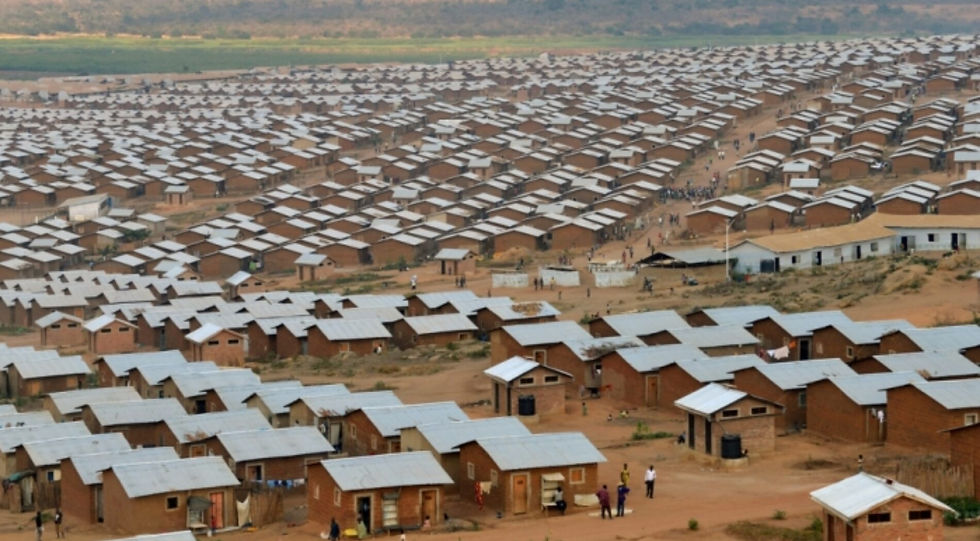Saturday, August 24, 2024
Overcrowded Classrooms, Language Barriers, and Forced M23 Recruitment: Mahama Camp Student Refugees Struggle

Most students in Mahama Refuge camp are Students are from Burundi, Democratic Republic of Congo, Sudan and Pakistan.
Over 25,000 students, most of them refugees, are crammed into overcrowded classrooms at a school in Mahama refugee camp in eastern Rwanda, raising serious concerns about the government’s commitment to providing adequate support despite substantial funding from international agencies like the United Nations High Commissioner for Refugees (UNHCR).
The school primarily serves refugees from Burundi and the Democratic Republic of Congo (DRC), with others from Sudan and Pakistan, yet conditions remain dire. Classrooms are overcrowded, with at least 90 students per room, and basic necessities such as school uniforms and supplies are in short supply. Many refugees struggle to adapt to Rwanda's education system, which is conducted in English and Kinyarwanda—languages that are foreign to many of the students.
Despite receiving significant support from the UNHCR and other partners to assist in education provision, the Rwandan government has failed to address these critical gaps. Refugees and educators express frustration over the lack of resources, arguing that the government has not fully utilized the aid to alleviate these hardships.
"Parents and teachers criticize the situation, saying, 'The fact that a few students manage to succeed in national exams is not due to any meaningful government support. It's purely a testament to the resilience and determination of the students themselves,'" they remarked, highlighting the lack of effective educational assistance in the refugee camp.
Beyond education, troubling reports have emerged suggesting that some refugees of Congolese origin are being coerced into joining the M23 rebel group fighting in the eastern DRC . These allegations have raised alarm within the international community, as vulnerable refugees find themselves entangled in regional conflicts. Critics including Human Rights Watch argue that the Rwandan government has continually done these recruitment, further compounding the struggles faced by those seeking safety and education within the camps.
The situation in Mahama camp highlights the broader challenges in Rwanda’s management of refugee support, raising serious questions about the use of international aid and the government's accountability in protecting the rights and well-being of refugees under its care.
Related Posts










